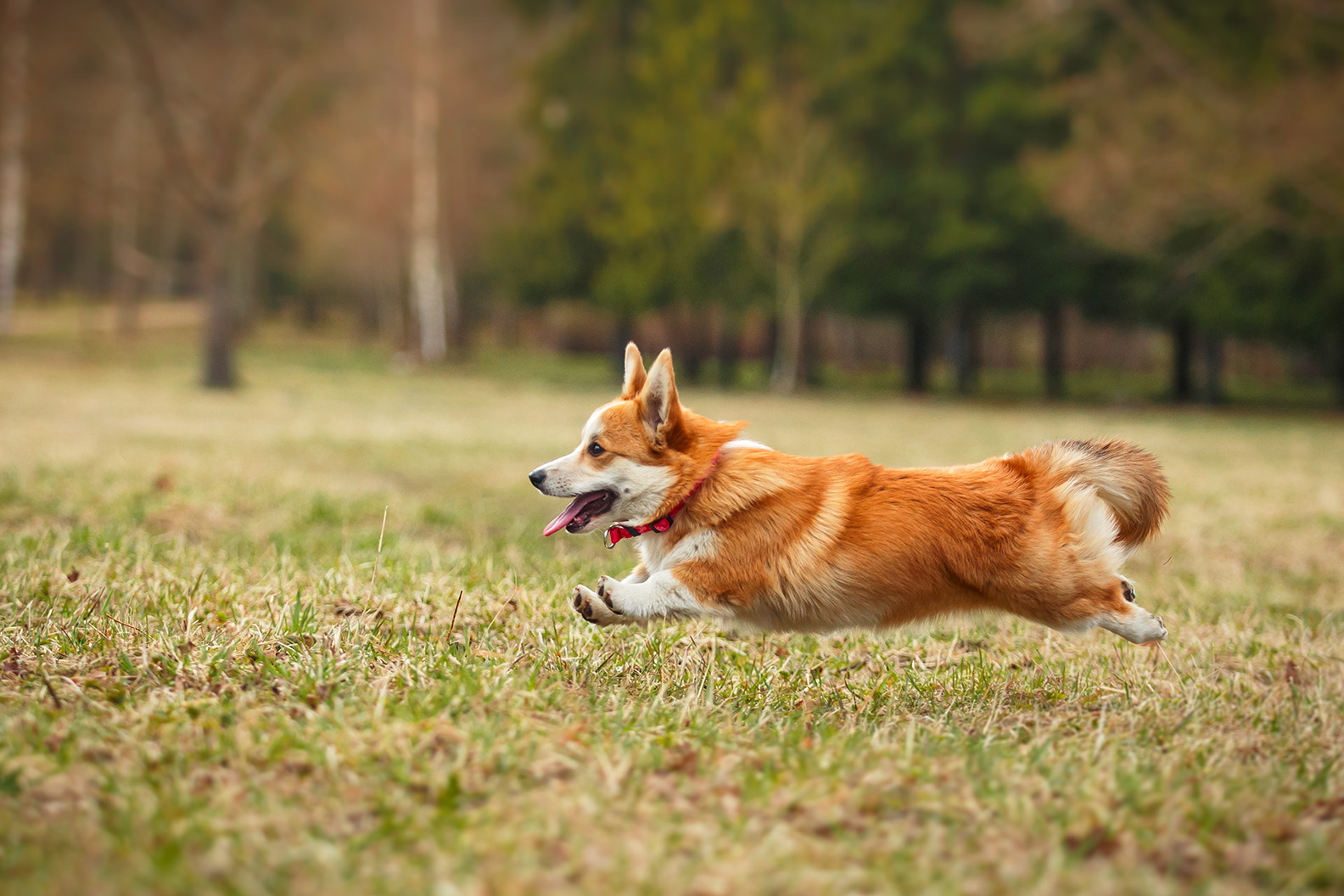Cardigan Welsh Corgi

Description
The Cardigan Welsh Corgi is a small but sturdy herding dog from Wales, known for its intelligence, loyalty, and energetic personality. It is one of the two Corgi breeds, the other being the Pembroke Welsh Corgi. While they share similar traits, the Cardigan has a few distinct differences, including its larger, rounder ears and a bushy tail that is often not docked.
Physically, the Cardigan Welsh Corgi is low to the ground, with a compact, muscular build. It has a thick double coat that can come in various colors, including red, brindle, black, and blue merle, with or without white markings. Its long body and short legs are characteristic of the breed, designed for herding livestock and moving quickly across the ground.
Temperamentally, Cardigans are intelligent, independent, and affectionate. They are loyal to their families and enjoy being involved in all activities, though they may be reserved or cautious around strangers. With proper socialization, they are good with children and other pets, though their herding instincts may lead them to nip at heels or chase.
Training a Cardigan Welsh Corgi is relatively easy due to their intelligence and eagerness to please, though they can be independent and somewhat stubborn at times. Early socialization and consistent, positive training are important to ensure they grow into well-rounded dogs.
Cardigans are active and require regular exercise to stay healthy and happy. They enjoy walking, playing, and mental stimulation, making them a good fit for active families or individuals. Their herding instinct can also make them great candidates for dog sports like obedience, agility, and herding trials.
Overall, the Cardigan Welsh Corgi is a loyal, intelligent, and energetic breed that excels as both a working dog and a family companion. With the right amount of exercise and mental stimulation, it can be a delightful and loving pet.
History
The Cardigan Welsh Corgi is one of the oldest dog breeds in the British Isles, with a history that stretches back over 1,000 years. Originating in Wales, the breed's ancestors are believed to have been brought to Britain by Celtic tribes migrating from Central Europe. The name "Corgi" likely stems from the Welsh words *"cor"* (dwarf) and *"ci"* (dog), reflecting the breed's small stature and long-standing role as a working dog. Cardigan Welsh Corgis were initially bred for herding cattle and other livestock, excelling in their ability to nip at heels while avoiding kicks due to their low-to-the-ground build.
The breed's heritage is deeply rooted in the rural culture of Cardiganshire (now part of Ceredigion), a region in southwest Wales. Unlike their close relatives, the Pembroke Welsh Corgis, Cardigans are distinguished by their long tails and slightly larger, more rounded ears. Historically, they were prized not only for their herding abilities but also as all-around farm dogs, adept at guarding property and assisting in various agricultural tasks. Their intelligence, agility, and adaptability made them indispensable companions for Welsh farmers.
The 19th and early 20th centuries brought significant changes to rural life in Wales, including the decline of traditional farming practices. As a result, the Cardigan Welsh Corgi's numbers began to dwindle. However, dedicated breeders in the early 20th century worked to preserve the breed. In 1925, the Cardigan Welsh Corgi was formally recognized by The Kennel Club in the United Kingdom. Initially, the Cardigan and Pembroke Welsh Corgis were classified as a single breed, but in 1934, they were officially separated into two distinct breeds due to their physical and historical differences.
Today, the Cardigan Welsh Corgi is celebrated for its intelligence, affectionate nature, and versatility. While it retains its working instincts, the breed has also found a place in modern homes as a loyal family companion. The Cardigan’s enduring popularity is a testament to its adaptability and the efforts of those who have worked tirelessly to preserve this ancient and cherished breed.
Colors
• Black & White
• Blue Merle & White
• Brindle & White
• Brindle Merle & White
• Gray & White
• Liver & White
• Red & White
• Red Merle & White
• Sable & White
• Sable Merle & White
• White Merle


